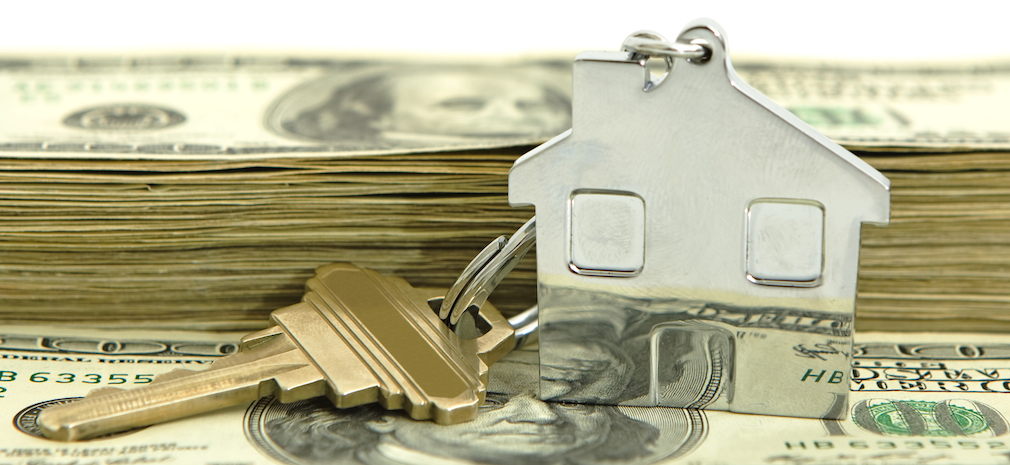The value of all U.S. owner-occupied homes increased to a record $26.1 trillion in the first quarter, according to a Federal Reserve report released Thursday known as the Flow of Funds.
That was a gain of 4.3% from a year earlier, the slowest annualized increase since 2012. The collective value of U.S. homes is now 15% higher than the bubble peak reached in 2006. Once that bubble popped, it was a decade before values recovered to the same level.
As home values rose in the first quarter, so did homeowner equity, meaning the worth of a home compared to its mortgage. Americans owned 60.4% of their homes in the first quarter, the highest level of equity since 2002.
Mortgage rates have tumbled more than a percentage point in the last six months as the American economy showed signs of slowing and investors worried about the fallout from trade wars. The average U.S. rate for a 30-year fixed mortgage is 3.82% this week, the lowest since mid-2017, Freddie Mac said in a report on Thursday.
Lower mortgage rates support continued gains in home prices, because cheaper financing means people shopping for homes qualify for higher-balance mortgages and can bid more for properties they want.
“Existing home sales have benefited from low mortgage rates and a healthy job market,” Freddie Mac said in its May forecast. “We expect stronger home sales and housing starts in the coming months.”
An increase in home equity traditionally has been a support to the U.S. economy as Americans either refinance their first-lien mortgages at higher balances, known as cash-out refis, or get home equity loans in a junior lien position. That supports consumer spending, which accounts for 70% of the U.S. economy. Cashed-out equity typically is used either for renovations, college tuition, or to pay off credit card debt, according to Fed economists.
Americans converted $19 billion of their home equity into cash in the first quarter, the largest amount since the year-earlier quarter when it was $22.7 billion, according to a Freddie Mac estimate. Most was through cash-out refis, at $16.7 billion, while home equity loans accounted for $2.3 billion.
Today’s level of equity cash-outs pales in comparison to the amount seen during the peak of the housing bubble. For example, in 2006’s first quarter, Americans turned $80.7 billion of equity into cash using either refis or home equity loans, according to Freddie Mac data.





